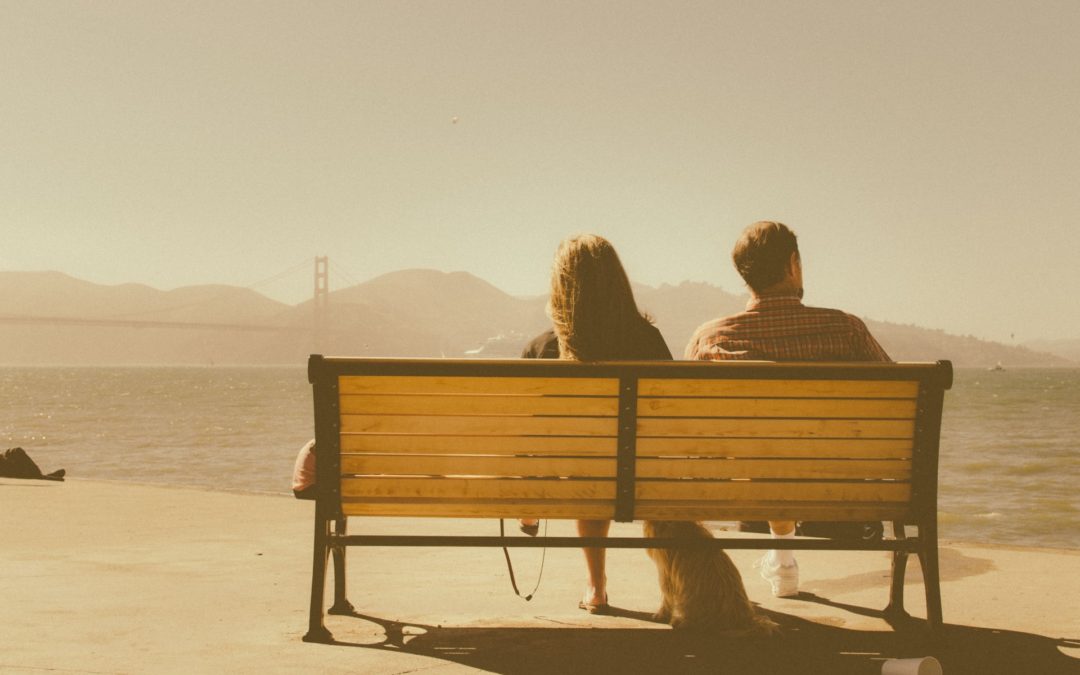It’s an endless cycle of “I’m never gonna do that again” and “If something doesn’t change, I’m out of here.” I know it all too well. As an adult child of an alcoholic mother, I spent years trying to learn to set boundaries and appropriately emotionally detach from what was a constant cycle of anger, resentment, anxiety and disappointment. Just when I thought I had learned everything I needed to know, I realized that my husband too, was addicted to alcohol.
I thought I could control his drinking, by monitoring it, hydrating him, and multiple moves to different locations that might allow us to restart and pull him away from all the friends that also contributed to his behavior. Yet it didn’t seem to matter where we went, he always found the drinkers, and thus the cycle of co-dependence continued as I now found myself in a marriage with 3 kids, trying to keep them sheltered from and safe from the ramifications of what we later named “the Left Turn.” If you’ve ever been around someone with addiction, you know that there’s a very specific moment when you know the “left turn” has taken place and there’s a switch from the fun joyful drinker, to the sloppy, emotional talker, who is loud, and continues to talk excessively about the same thing over and over.
The funny thing about co-dependents is that they carry a very strong sense of responsibility. Well they kind of have to, since their loved ones don’t make responsible decisions, so they feel that they have to step up and be the protector for all involved. The day I decided I wasn’t going to facilitate, monitor, and be someone’s keeper anymore, I found peace.
Fortunately, my husband found his own way to sobriety over 5 years ago and our life drastically changed for the better as a result. Yet it wasn’t because I “saved him” or forced him to change. No, that kind of thinking or behavior only leads to more frustration for a co-dependent. When a co-dependent chooses to save themselves from the cycle of behaviors that enables them to feel they are protecting, and managing someone else, they begin to feel freedom and regain their life. Does it come with risk? Absolutely! Does it mean that your loved one might fall, experience consequences that you don’t want to see happen? Absolutely! Yet in order to save yourself, you need to step away from your need to “Save” and “Rescue” them, and submit to the fact that they may have to fall, and even fall hard, in order to awaken to the consequences of their choices. Until an addict comes to their own realization that they have a problem, and decides to take responsibility for their actions, nothing will ever change.
Regardless whether the addict in your life chooses to get sober, you have a choice to get yourself healthy and start living your life. This takes a whole lot of courage and you will need support to venture into a very unfamiliar territory, but I guarantee that the only way off the crazy merry go round, is to save yourself.

